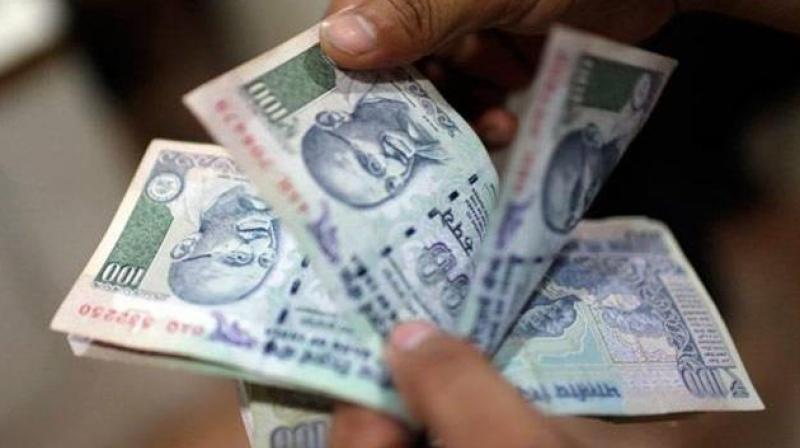Kerala worst hit by demonetisation
The report stated that the impact was severe because of the central role PACS play in the state economy.

THIRUVANANTHAPURAM: The interim report of the Committee to Study the Impact of Demonetisation on the state economy has stated that the effect of the “sudden expropriation of purchasing power” was severe in the state than elsewhere in the country. The five-member Committee headed by noted economist Prof C.P. Chandrasekhar was constituted by the Planning Board on November 23, 15 days after demonetisation was announced. It is still not clear whether there will be a plan cut. “We are still calculating how the resource crunch will affect the plan. We hope there will not be any cut,” said Planning Board vice chairman V.K. Ramachandran told reporters here on Tuesday.
He, however, said that a specific number for the downfall pot-demonetisation was available only for tourism. Domestic tourist arrivals fell by 17.7 percent, and foreign arrivals by 8 percent. A number of features of Kerala’s economy have made it particularly vulnerable to what the report calls “the poorly planned and implemented demonetisation exercise”. First, cash transactions are predominant in the state’s economy. Secondly, some of the major contributors by sector to the state’s economy are in the informal or unorganised sector, where cash transactions dominate.
“Millions of people in the state are dependent on incomes gained in the traditional sectors of fisheries, coir, handlooms, and cashew processing as well as in crop and plantation agriculture. More than two and a half million migrant workers work as wage labourers in the state,” the report said. Thirdly, the three-tiered cooperative banking structure, with primary agricultural cooperative societies (PACS) at the bottom of the pyramid, is an overwhelmingly large part of the financial structure. Fourthly, the state has a cooperative sector that is an important component of manufacturing and services.
The report stated that the impact was severe because of the central role PACS play in the state economy. Over 70 percent of the non-agricultural loans and advances disbursed in India are disbursed in Kerala; over 70 percent of the deposits in PACS in the country come from Kerala. “Thus, the withdrawal of notes, which kept the cooperative banks and societies out of the note exchange process, was particularly damaging for Kerala,” said C.P. Chandrasekhar.

